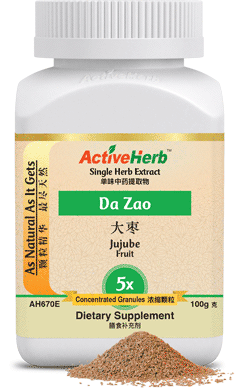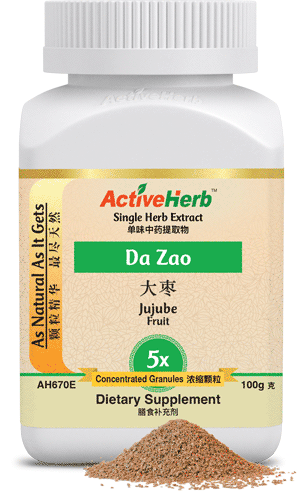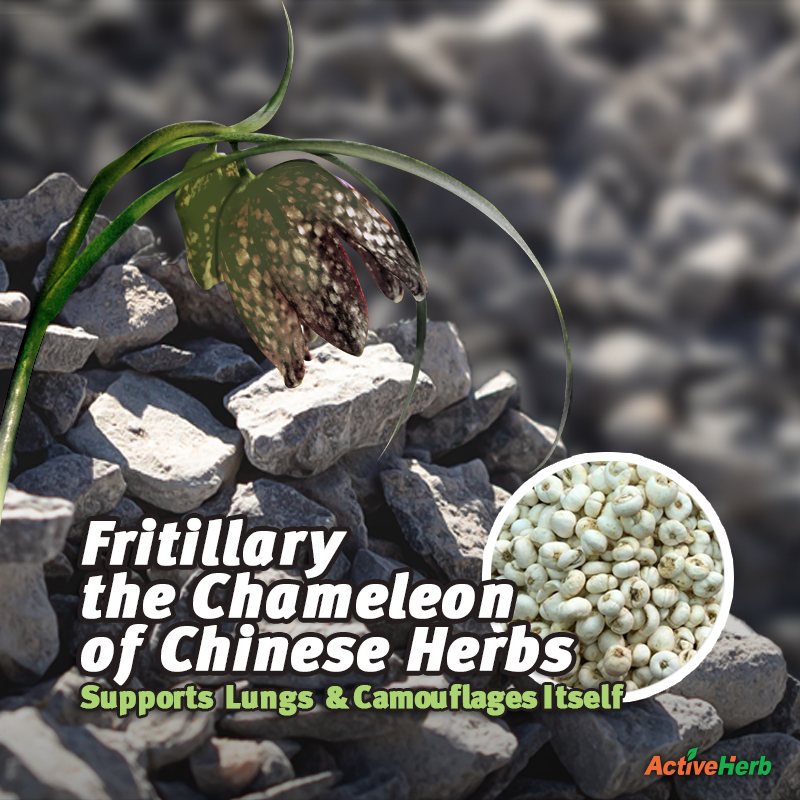TCM Benefits of Jujube Fruit (Chinese Red Dates)

Food as medicine. It’s a concept thousands of years old—far older than the famous quote attributed to Hippocrates circa 400, BCE: “Let thy food be thy medicine and medicine be thy food.” In the Far East, medicinal foods have been consumed for at least 4,000 years. And one medicinal food that has not only endured but has remained more popular than ever is jujube fruit, aka Chinese dates.
What’s the difference between Chinese dates and their more famous Middle Eastern counterparts? And what may be the benefits of consuming them?
Let’s find out…
The Popularity of Jujube Chinese Dates
Forget flowers or chocolates. In China, if you really want to impress someone with a gift, then give them red dates.
Celebrating with Da Zao, the Chinese name for red dates or jujube fruit, is the equivalent of dipping apples in honey on the holiday of Rosh Hashana (the New Year of the Jewish calendar). Da Zao signifies signs of a sweet life such as having a successful business, having health, happiness and harmony, and bearing children. But Chinese red dates aren’t just reserved for special occasions. This traditional Chinese Medicine (TCM) ingredient is also a staple in Chinese kitchens all year, commonly used in soup recipes and teas.
What Are Chinese Dates Used For In TCM?
The benefits of Da Zao/Chinese red dates in TCM mainly relate to its effects on the Spleen and Stomach meridians. So what does that mean for your health? For starters, supporting the Spleen and Stomach may help you feel more energetic and support circulation.
That’s because according to TCM theory, the Spleen and Stomach support
strong digestion and the transformation of nutrients. The transformation of nutrients is crucial for Qi (energy) to circulate throughout your body. And not only that, Qi controls the Blood. So if you have a weak Spleen/Stomach system (the two organs are paired in TCM theory), you may have Blood deficiency.
And when your Qi and Blood are in adequate supply, you are more likely to feel more calm and get a more restful night’s sleep. This is why it is said that Chinese red dates help calm the spirit.
So to sum up, consuming Chinese red dates may support digestion, circulation and the mind.
How Do You Consume Chinese Red Dates?
In Chinese culinary applications, jujube fruit is most often consumed dried. Fresh jujube fruit is less common. But one great way to reap the possible benefits from them without actually eating them is via extract herbal granules. You can use jujube extract granules to make an instant hot tea. (Or you can refrigerate the tea to make refreshing, healthy iced tea.)
How Are Chinese Red Dates Different Than Brown Dates?
Although you can easily buy Chinese red dates thanks to the Internet or by visiting an Asian market, brown (palm) dates are more readily available at supermarkets. Brown dates originally come from the Middle East although they are now grown in hot, dry places such as California. Likewise, Chinese red dates are now grown in regions other than the Far East.
The main difference between the two is that Chinese red dates have less sugar, more vitamin C and more antioxidants.
More resembling the taste of an apple than a brown date, Chinese red dates have roughly half the calories and sugar as their brown brethren.
Consuming dates of any kind may support a more healthy aging process. It’s nice to know that you can get 67 servings of Chinese red dates without the sugar and all the possible health benefits—thanks to best-in-class Da Zao 5X concentrated herbal extract.
See also:








